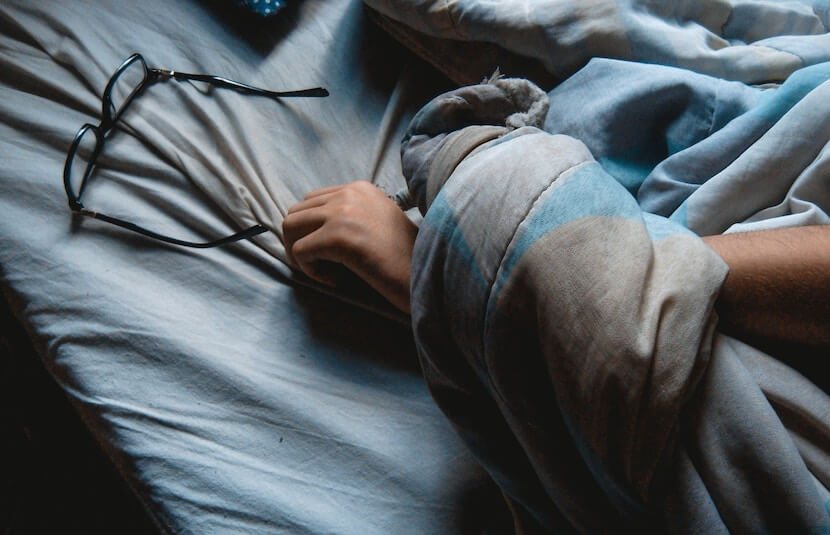During exam week, pulling an all-nighter is staple study technique for college students. Professors cram a semester’s worth of material into one final test, and students think the best way to prepare is to stay up all night studying and loading up on caffeine.
But new research shows that it might be time to change this study method.
The researchers found that students who averaged eight hours of sleep for the five nights of finals week scored higher on their final exams than those who didn’t.
“Better sleep helped rather than harmed final exam performance, which is contrary to most college students’ perceptions that they have to sacrifice either studying or sleeping,” co-author Michael Scullin, director of Baylor University’s Sleep Neuroscience and Cognition Laboratory and an assistant professor of psychology and neuroscience in Baylor’s College of Arts & Sciences, said in a statement.
“And you don’t have to be an ‘A’ student or have detailed education on sleep for this to work,” he continued.
The study
Concerned with how sleep habits were affecting college student’s grades, the researchers came up with “The 8-hour Challenge,” in which they offered students a few extra points if they slept at least eight hours every night of finals week.
Students who met the challenge did receive the extra points toward their semester grades, but they weren’t included in the researchers’ analysis of the exam scores. Students who slept eight hours a night scored higher than their peers, even without the extra credit.
The study featured students in both upper-level psychology and neuroscience classes and students from an interior design class.
The students who opted to participate in the study wore wristbands that monitored their sleeping habits, ensuring that they didn’t skip out on their eight hours.
“The students didn’t need the extra credit to perform better, and they weren’t really better students from the get-go,” Scullin said in a statement. “If you statistically correct for whether a student was an A, B, C, or D student before their final exam, sleeping eight hours was associated with a four-point grade boost — even prior to applying extra credit.”
The study was split into two papers. The first, which includes psychology students, is published in the journal Teaching of Psychology. The second, which includes interior design students, is published in the Journal of Interior Design.
Students need to sleep more
Especially around finals week, cutting back on sleep is very common for college students. During the stressful time, less than 10 percent of undergraduate students are even able to maintain the recommended seven hours of sleep, research shows.
“Some fields might find it unprofessional, but for many years, in design, sacrificing sleep was viewed as a rite of passage. That’s something we’re trying to change,” Elise King, an assistant professor of interior design in Baylor’s Robbins College of Health and Human Sciences and co-author of the study, said in a statement.
“Even during stressful deadline weeks, students can maintain healthy sleep habits,” she continued.
The researchers are confident that with more incentives, the poor sleeping habits of college students can be changed.
“Getting more sleep at night then allows them to be more efficient the next day,” Scullin said in a statement. “By training students in their first year of college, if not earlier, that they can sleep well during finals week without sacrificing performance, we may help to resolve the ‘global sleep epidemic’ that plagues students in America and abroad.”



